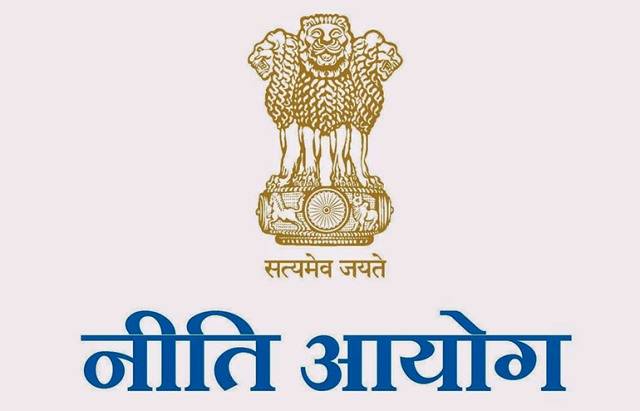
NITI AAYOG, has proposed a shift towards organized trading wherein lower number of traders with enough capital will dominate the market. Premier think-tank NITI Aayog has pitched for completely removing agriculture commodities from the Essential Commodities Act, and this might reduce handling costs, bring economies of scale, reduce prices and increase returns for farmers. The Essential Commodities Act is an act of Parliament of India which was established to ensure the delivery of certain commodities or products, the supply of which if obstructed owing to hoarding or black marketing would affect the normal life of the people. This includes foodstuff, drugs, fuel (petroleum products) etc.
After full consultation with the ministry of consumer affairs, the idea has been discussed at the highest level of the government and the Centre is likely to reach out to states for such an enabling provision. Removing stock restrictions from agriculture commodities will lead to organized trading, will improve scale and logistics benefit and bring about more capital into trade with handful of big traders competing with each other.
Due to frequent changes in rules and stock limits, traders find it difficult to invest in better storage infrastructure and stock limits works negatively for the functioning of food processing industries which needs to maintain large stocks of underlying commodity to run their operations smoothly and thus, large scale private investments are unlikely to flow into food processing and cold storage facilities which are essential for farmers to ensure better remuneration for their crops. Ministry of consumer affairs, which is responsible for implementing the legislation, argued that lesser number of traders will lead to price manipulation as they would be tempted to hoard and black marketeer.
















